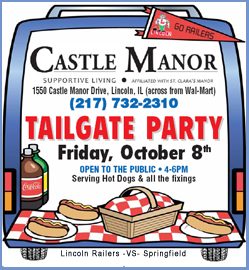| ||||||||||
| ||||||||||
Opposition candidates called the elections a crucial opportunity to defend democratic principles and freedoms, saying the National Assembly has been simply taking orders from Chavez for five years and that they fear Chavez intends to lead Venezuela toward Marxism. Opposition candidate Julio Borges said there are no longer checks and balances, and that the vote could help restore some controls on Chavez's actions. "Everything is under his control and he decides everything. That isn't democracy," Borges said. Some government supporters argue that the opposition -- a coalition made up of a range of political factions
-- has not presented a clear, viable alternative to "Chavismo." "What they want is to get into the assembly to sabotage all of this," said Jose Aguilar, a 47-year-old business manager who has long backed Chavez. "None of them has presented a plan for the country." If Chavez's allies manage to retain a two-thirds majority, it would give them the power to keep rewriting laws unopposed and to appoint officials including Supreme Court justices and members of the electoral council. Opposition candidates complained ahead of the vote that Chavez's allies benefited from public funds and ample time on state television. The opposition has also criticized an election law passed by Chavez's allies that redrew some legislative districts and gave greater weight to votes in rural areas, where the president remains more popular. More than 17 million Venezuelans were registered in the vote to select all 165 lawmakers in the unicameral National Assembly.
[Associated
Press;
Copyright 2010 The Associated Press. All rights reserved. This material may not be published, broadcast, rewritten or redistributed.


News | Sports | Business | Rural Review | Teaching & Learning | Home and Family | Tourism | Obituaries
Community |
Perspectives
|
Law & Courts |
Leisure Time
|
Spiritual Life |
Health & Fitness |
Teen Scene
Calendar
|
Letters to the Editor